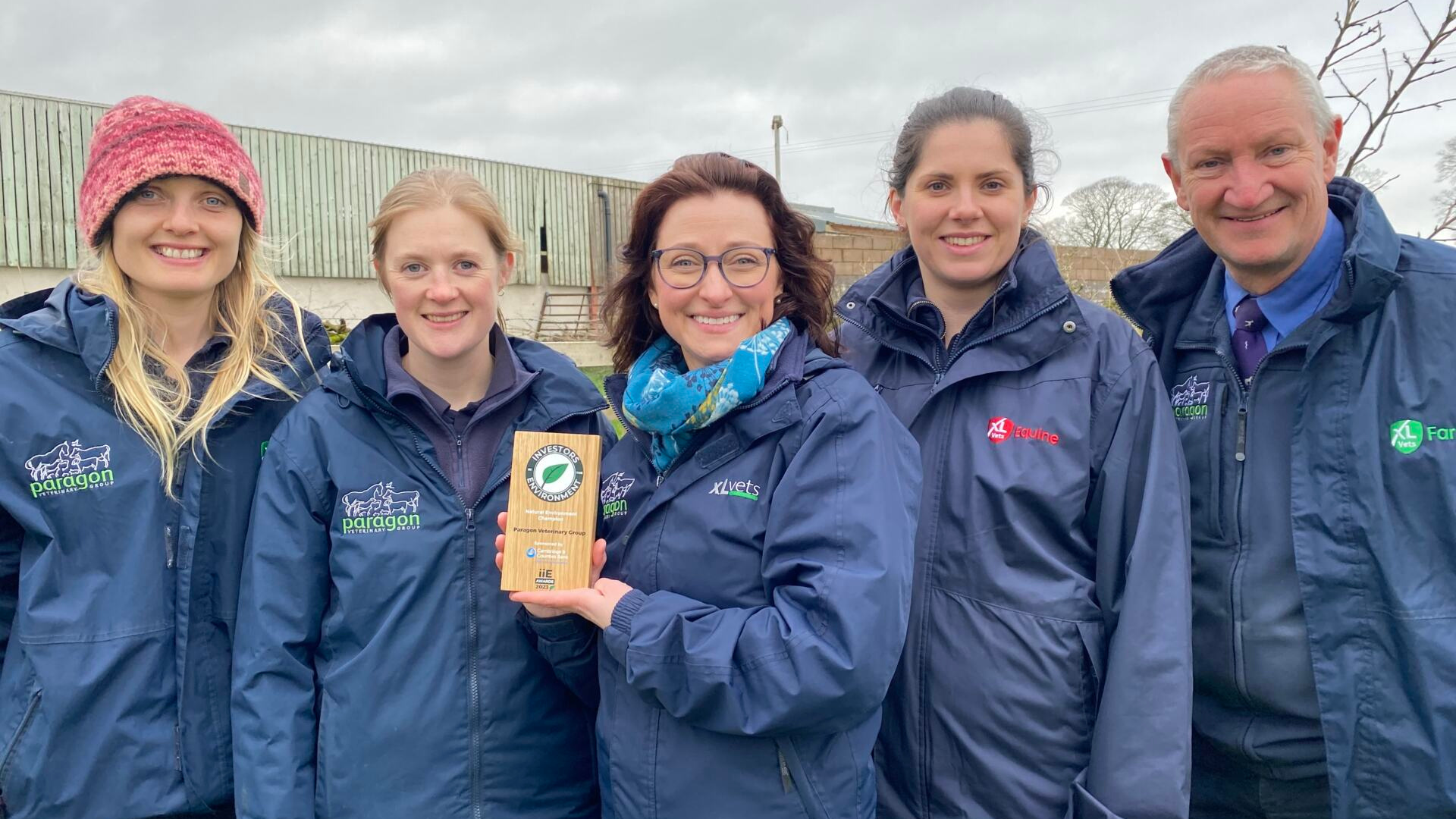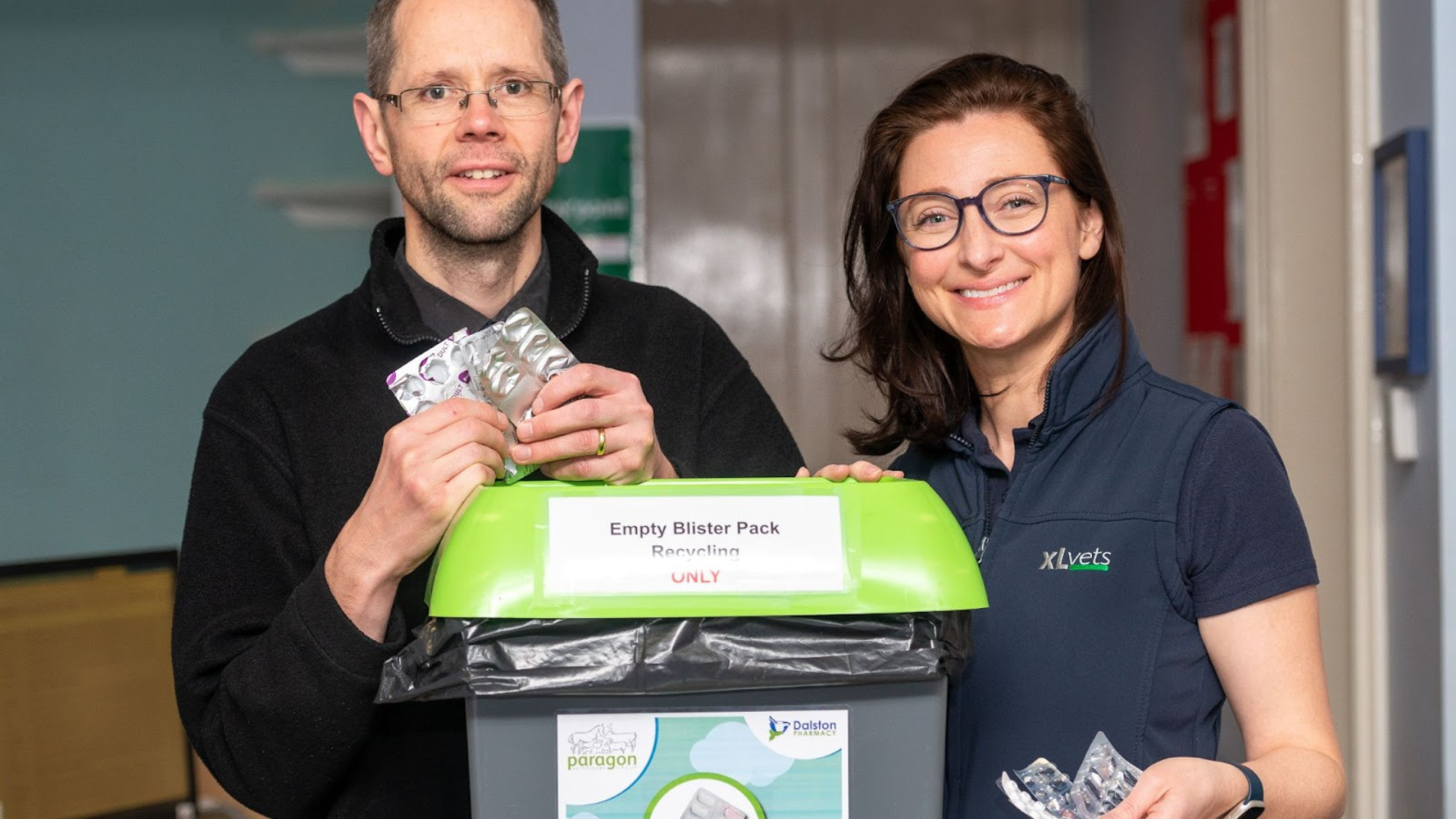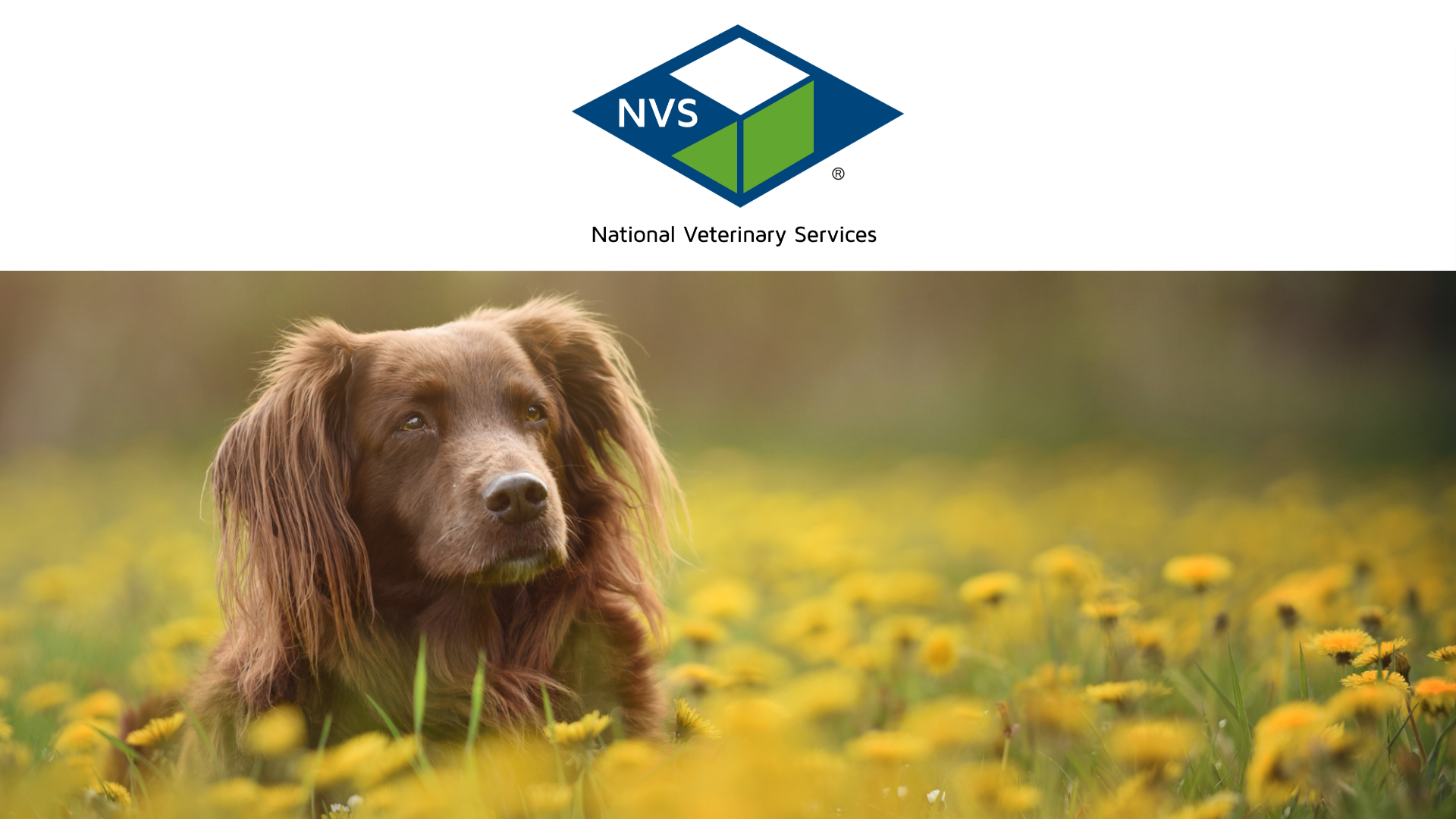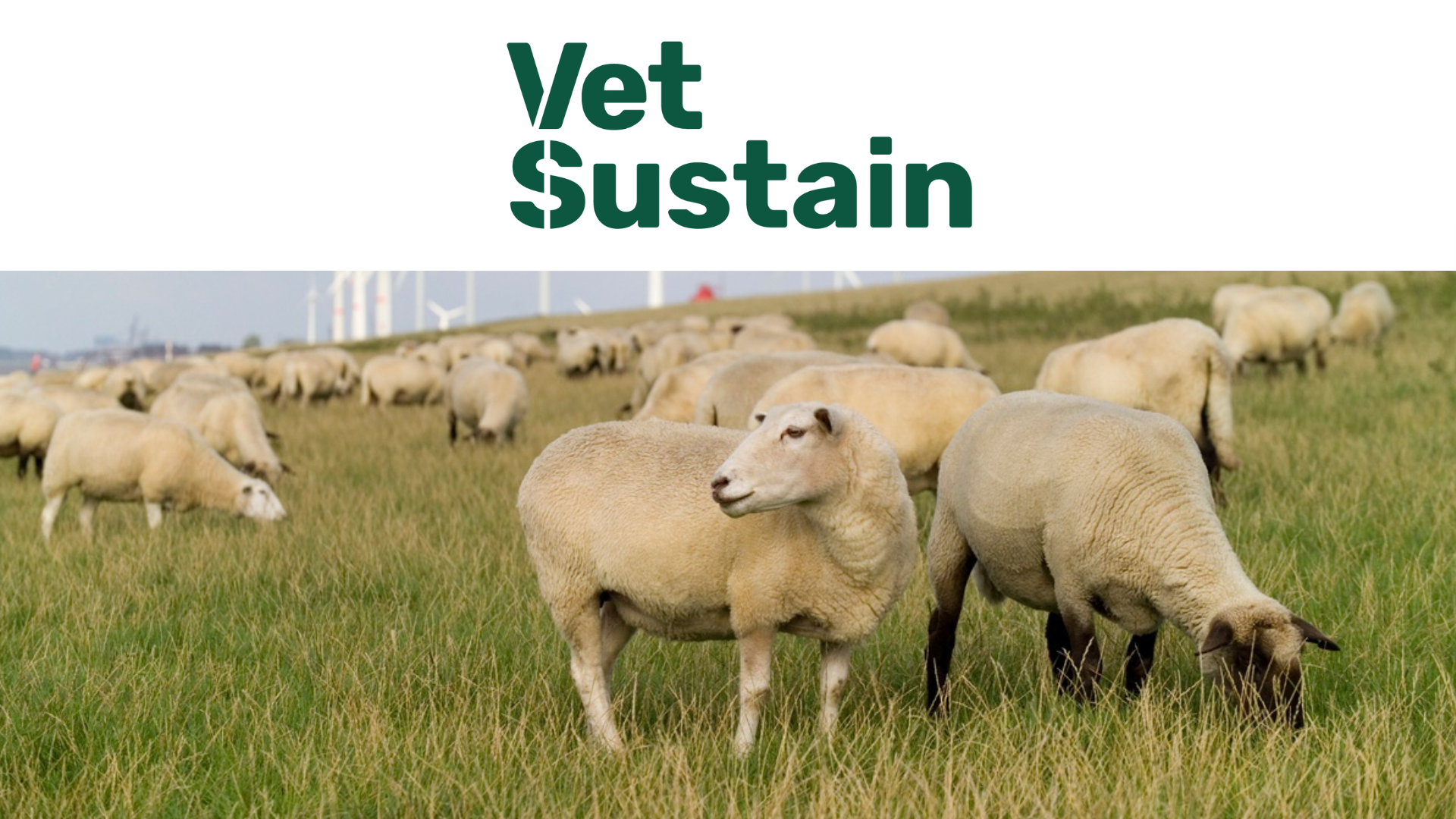Paragon Vets – Our Sustainability Success Story So Far
By Laura Binnie, Small Animal Veterinary Surgeon & Sustainability Lead, Paragon Vets BVM&S, BSc, MRCVS
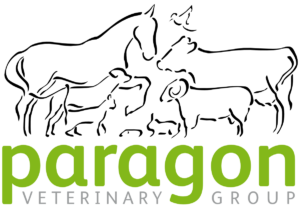
Paragon Veterinary Group is an independent veterinary practice which provides small animal, farm, equine care and advanced breeding services from bases in Dalston (near Carlisle) and Newbiggin (near Penrith).
At Paragon, our veterinary teams provide outstanding client care and are always striving for clinical excellence. Our staff work with our practice values in mind; achievement, taking responsibility, teamwork, integrity, clinical excellence and client care, all of which we strive to do sustainably.
————————————————————-
At Paragon, we feel that sustainability isn’t just a nice-to-have, it’s our moral imperative. With the planet facing a climate crisis, every individual and organisation must step up to reduce their impact on the environment.
We understand our responsibility as a veterinary practice and we’re fully embracing the opportunity to contribute positively to our planet’s well-being. As someone passionate about the environment and biodiversity, I am proud to work for such a ‘green’ business and to share our journey towards becoming a more sustainable veterinary practice.
What does sustainability mean for us? It’s about having ‘enough for all, forever’. And that’s the guiding principle that we are working toward. It’s all about using resources responsibly and fairly, ensuring that our current consumption patterns do not exhaust essential resources or compromise the well-being of future generations.
Our Green Group
Sustainability is about taking collective responsibility, and this extends to how we view our sustainability project at Paragon Vets. I’m the Sustainability Lead, but I work with a fantastic group of 15 like-minded and driven individuals in our Green Group.
We are a diverse group of professionals across the business bringing a range of skill sets to the group and are united by an enthusiasm and passion for all things sustainable.
We’re also really fortunate to get support and ideas from our Board and the rest of the practice too. A great example of this is an initiative called #30DaysGreener where we challenged ourselves to make one switch every day to something greener. Some of the ideas were just a bit of fun but for the most part, they were genuine greener switches we made and ultimately it was a great activity for staff engagement as everyone was welcome to (and did) make great suggestions!
Our commitment to change
Our Sustainability Plan, developed in 2020, outlines our roadmap to sustainability. It identifies six key areas within our business where we believe we can make a tangible difference:
-
Transport emissions
- Consumption of electricity, gas, water, and other fuels
- Use of anaesthetic gases
- Waste generation
- Use of raw materials, including prescribed drugs and medicines
- Procured goods and services with their own environmental impact
Where did we start with implementing our sustainability plan? Like a lot of practices starting out, we began with the easy wins, which included: changing all spent lightbulbs to LEDs, sticking ‘switch it off’ stickers on equipment and light switches, installing loads more (clearly labelled) recycling bins and composting caddies, turning down the thermostats and water temperature, adding ‘hippos’ into the toilet cisterns and using recycled papers for the printers. All good and relatively easy stuff to implement.
We calculated our carbon footprint at our two main branches (Dalston and Newbiggin) using the Vet Sustain Carbon Calculator so we knew what we were up against, we viewed this as a ‘line in the sand’ where we could measure the changes we were making and see if they were making a tangible difference. By knowing what our carbon footprint figure was we could also see where the majority of our emissions came from and where we should focus our efforts.
To keep developing the plan and moving it forward, we chose to work our way through the Investors in the Environment accreditation scheme and the Royal College of Veterinary Surgeons Practice Standards Scheme Environmental Sustainability criteria. But we also found the following websites very useful: Vet Sustain, VetSalus and BVA.
To keep us focused and on track, we’ve set ambitious goals, including achieving carbon neutrality by 2030. By joining initiatives like the SME Climate Hub’s ‘Race to Zero’, we’re part of a global movement committed to combating climate change. But our commitment isn’t just about meeting targets; it’s about leading by example and inspiring others to follow suit.
Our success so far
The process of preparing and being audited for the iiE Silver Accreditation has meant that we have achieved a reduction of all our overall resources by the targets we set ourselves, this includes:
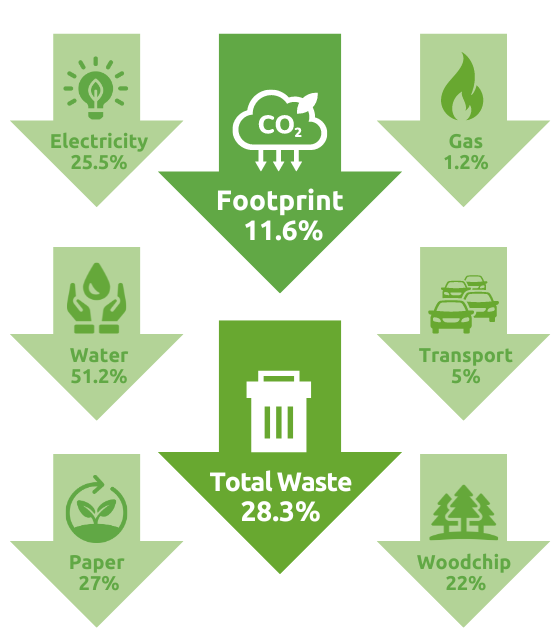
Here’s an overview of what we’ve done:
Switching to renewable energy and maximising energy savings
An easy win for us was switching to a renewable energy supplier for our electricity and banking with a Green bank. At Newbiggin, we installed a wood chip boiler for heating and hot water and at Dalston, we replaced an old, outdated boiler with a new, efficient gas boiler.
In addition, we’re embracing renewable energy technologies by installing photovoltaic panels to harness solar power. All spent lightbulbs are being replaced with energy-efficient LED alternatives and to maximise energy savings, we’ve also installed motion sensors to automatically switch off lights when not in use.
We are pleased to report that our website emits less than 1g of CO2e per page view, this is considered ‘low’ impact and is below the average emissions for a company’s website.
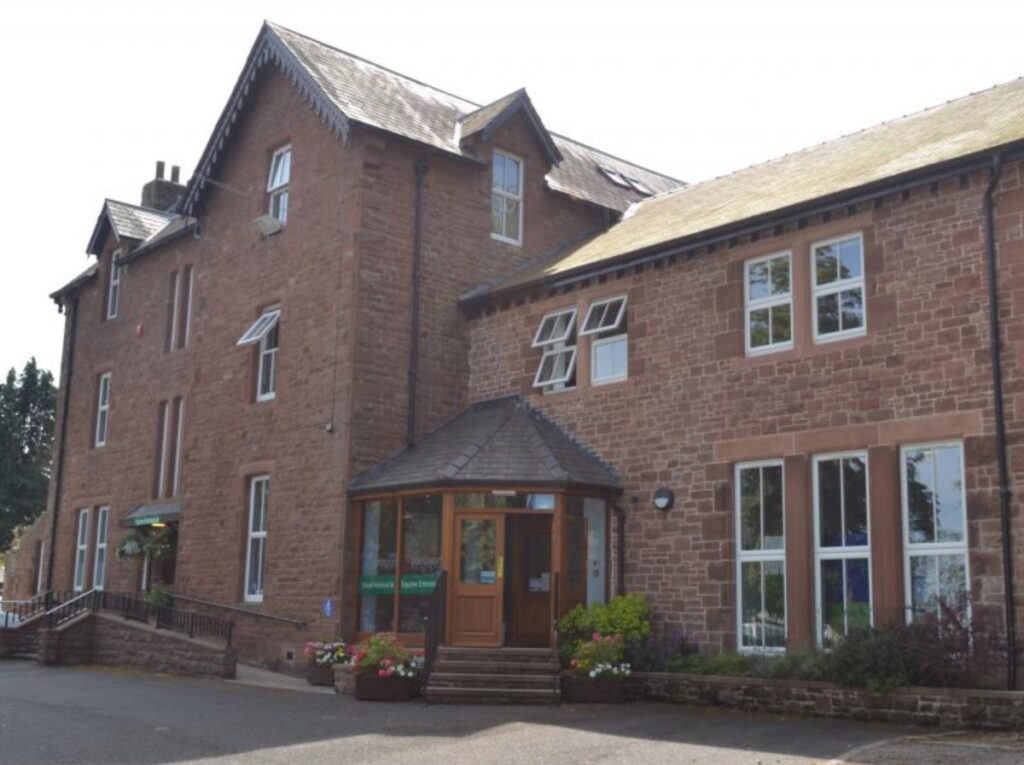
Reducing transport emissions
We’ve implemented strategies to minimise unnecessary travel for meetings, conferences, and training sessions. Additionally, we’re investigating switching our vehicles to electric or hybrid models and have installed trackers to improve the efficiency of farm and equine visits, reducing our mileage covered and improving vehicle efficiencies.
To reduce our grey fleet mileage further we’ve launched a Cycle to Work scheme and have installed new shower facilities, this scheme has proven to be popular with our staff.
Reducing, reusing and recycling
Embracing the principles of reduce, reuse, and recycle, we’ve conducted a comprehensive waste audit to minimise our contribution to landfills and clinical waste disposal, while maximising recycling and composting opportunities.
Tackling the challenge of single-use plastics head-on, we’ve explored various strategies for reducing their usage and optimising recycling methods, which often necessitate specialised recycling processes. We’ve also collaborated closely with our local councils, to ensure that we’re adhering to proper recycling protocols.
We use companies such as Biffa to responsibly recycle our pet food and other household waste packaging. Every possible item finds its way into our compost, helping to enrich the soil at both of our gardens. Even our choice of tea bags and coffee pods, such as PG Tips and Grind, reflects our commitment to compostable materials, earning applause from our caffeine aficionados.
Reducing our impact through our clinical work
In our small animal department, we’ve adopted reusable cotton theatre gowns and hats and we also wear Crocs, instead of needing disposable shoe covers, all of which are laundered with environmentally friendly detergents at 30°c and always on a full load. We also use reusable instrument containers to reduce our use of single-use plastic sleeves.
To conserve water, we encourage our vets to move away from traditional ‘scrub’ techniques and towards Sterillium ‘rub’. This can save up to a staggering 20L of warm water each time they prepare for surgery.
Our veterinary staff have undergone retraining in low gas flow general anaesthetic techniques, become confident using different premedicant protocols that reduce an animal’s need for so much isoflurane, as well as using improved analgesia, low flow, capnography and local anaesthetic protocols to reduce the need for high percentage isoflurane gas.
Our team has been amazing at taking these changes on board. It initially took us out of our comfort zone, but we are now adapted and really confident with the new protocols. We are delighted to report our efforts have seen our isoflurane use reduce by 34% since 2022. We have used grant funds to purchase Humphrey ADE anaesthetic circuits to allow us to reduce our Iso and O2 use by a further 85%.
We are always asking our wholesalers for more eco-friendly alternatives and now offer a range of eco-friendly toys and bedding, shampoos, toothbrushes etc in our reception area. We have developed an excellent medication stocking system meaning much less is wasted and even our uniforms are being replaced with sustainable alternatives.
Medicine Amnesty
We are often asked by clients how best to dispose of unused/out-of-date medications and used medication packaging. The improper disposal of unused flea and worm treatments or medicines through wastewater, such as down the sink or toilet, poses a serious risk of environmental contamination and traces of animal medicines have already been found in rivers across the UK.
To address this concern, we’re encouraging clients to return these to the practice to be disposed of correctly. We have partnered up with Dalston Pharmacy to recycle blister packs for both animal and human medicine and there are now recycling bins situated in our reception areas, this is proving extremely popular with our clients and staff alike.
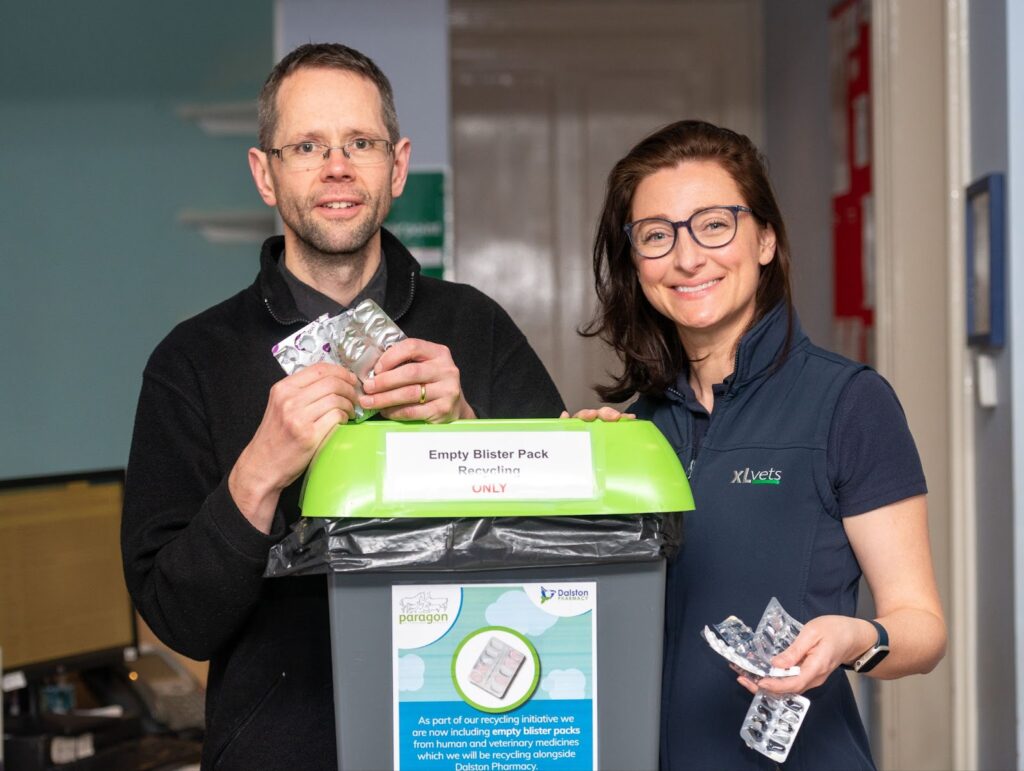
Well-being gardens and local biodiversity
We care about our colleagues at Paragon and looking after their well-being is important to us, which is why we have dedicated an area at each branch to develop into a well-being garden, where our staff can relax and enjoy nature.
Central to our vision for these gardens is encouraging biodiversity. Our colleagues have brought in seeds and plants from their own gardens to create an eclectic mix of plants, allowing all flora and fauna to thrive, including pollinating insects. We’ve installed bee and insect hotels, bird feeders, bat boxes, and robin hides and left the grass long so hedgehogs can snuffle around.
Paragon has proudly joined the bee-friendly practice scheme (britishbeevets.com) and most recently, we have created a bog garden, a stumpery and a pond. The children from the local primary school helped us dig in the plants.
Our efforts and those of the local primary school children who have been helping us have not gone unnoticed. The garden at Dalston won RHS Cumbria in Bloom awards in 2022 and 2023 for biodiversity and enhancing our local environment.
At our Newbiggin site, we have created a 3-hectare native broadleaf woodland that will capture and sequester approximately 1000 tonnes of CO2e over 100 years. Hedgerows, a bog, scrub and wildflower pastures are also being established to enrich the environment and encourage biodiversity.

Keeping it local
One of our Green Group members came up with a brilliant idea: sharing a list of locally sourced products for everyone to enjoy. It began with food producers and has grown to include plastic-free shampoo bars and more. We’re always open to suggestions from both our team and our clients.
Collaboration and community
As we continue to embed sustainability into the culture at Paragon, quality sustainable improvement is at the root of all of our decision-making. All of our team undergo environmental awareness training and are also offered carbon literacy training.
We are in regular communication with Vet Sustain, the XLVets community, local MPs and schools regarding our sustainability project and how they can become involved. Our Green Group members sit on Greener Veterinary Practice working groups and we are in a privileged position to be able to advocate to our veterinary colleagues, clients and landowners regarding responsible pet ownership and land use.
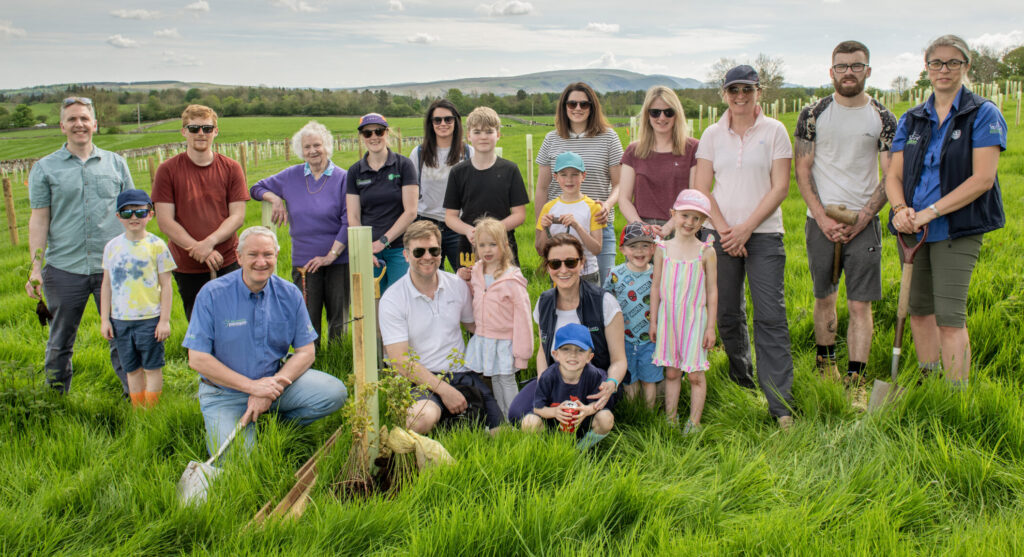
Paragon staff and their families planting a woodland Newbiggin. 11th May 2024. Photograph Jonathan Becker
Our 5 top tips for sustainability in your practice:
#1. Form a Green Group
It helps to have a member from senior management on the team and appoint a Sustainability Lead.
#2. Start with the ‘easy wins’
Don’t forget to celebrate and document your journey on social media.
#3. Work through the Vet Sustain Greener Veterinary Practice checklist
Plus review your procurement policy using their Green Procurement List.
#4. Think about applying for accreditation
RCVS PSS Environmental Sustainability award, iiE or B-Corp.
#5. Bring everyone at your practice along on the journey
Engagement and communication are the keys to the success of this culture change.
If you’re passionate about sustainability and have any feedback or ideas to share with us, we’d love to hear from you. In the first instance, please email the team at NVS – cube@nvs-ltd.co.uk.
———————-
Find out more about Laura – Sustainability Profile: Laura Binnie
The article was originally posted in The Cube magazine, June 2024 issue. Click here to read the magazine.
